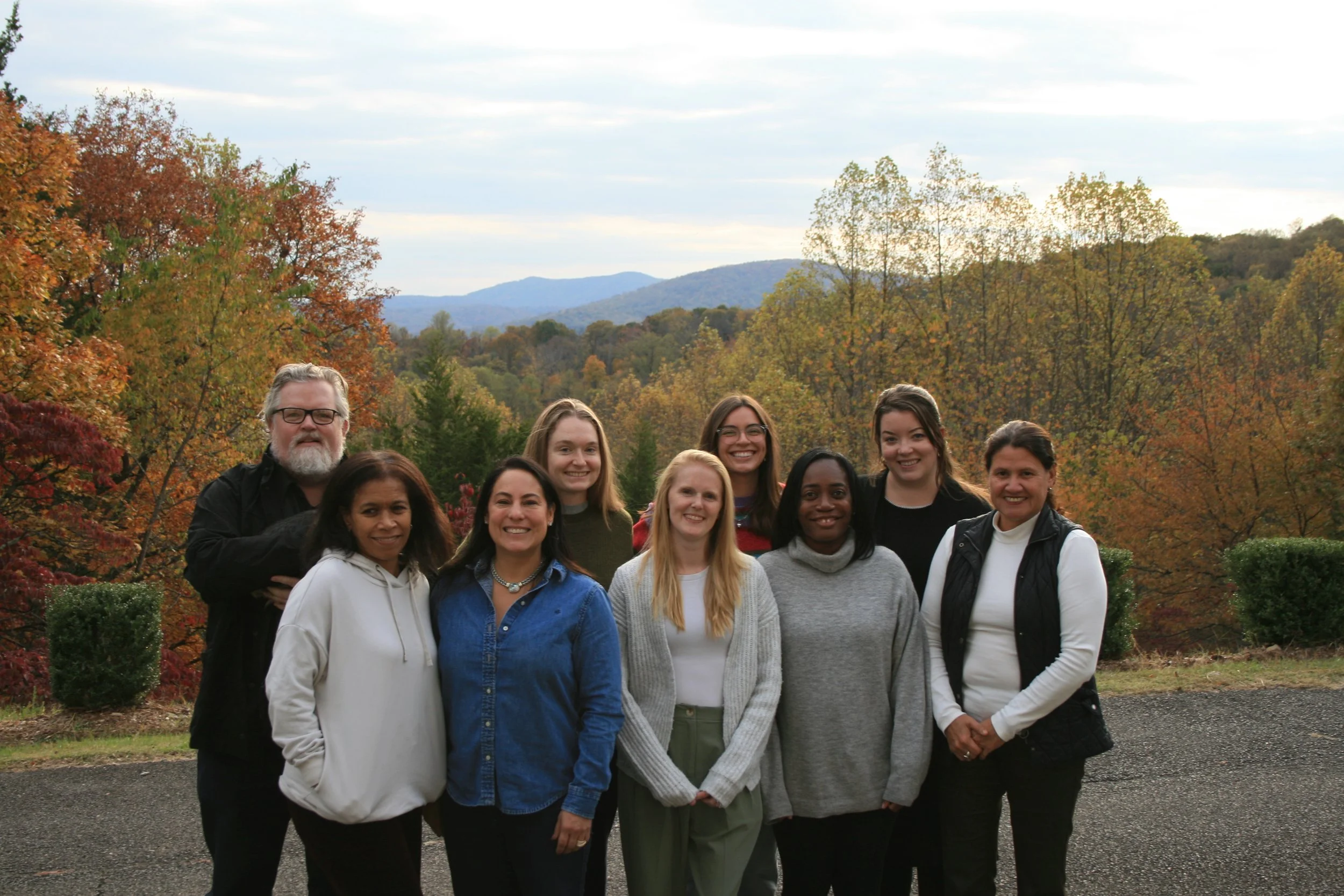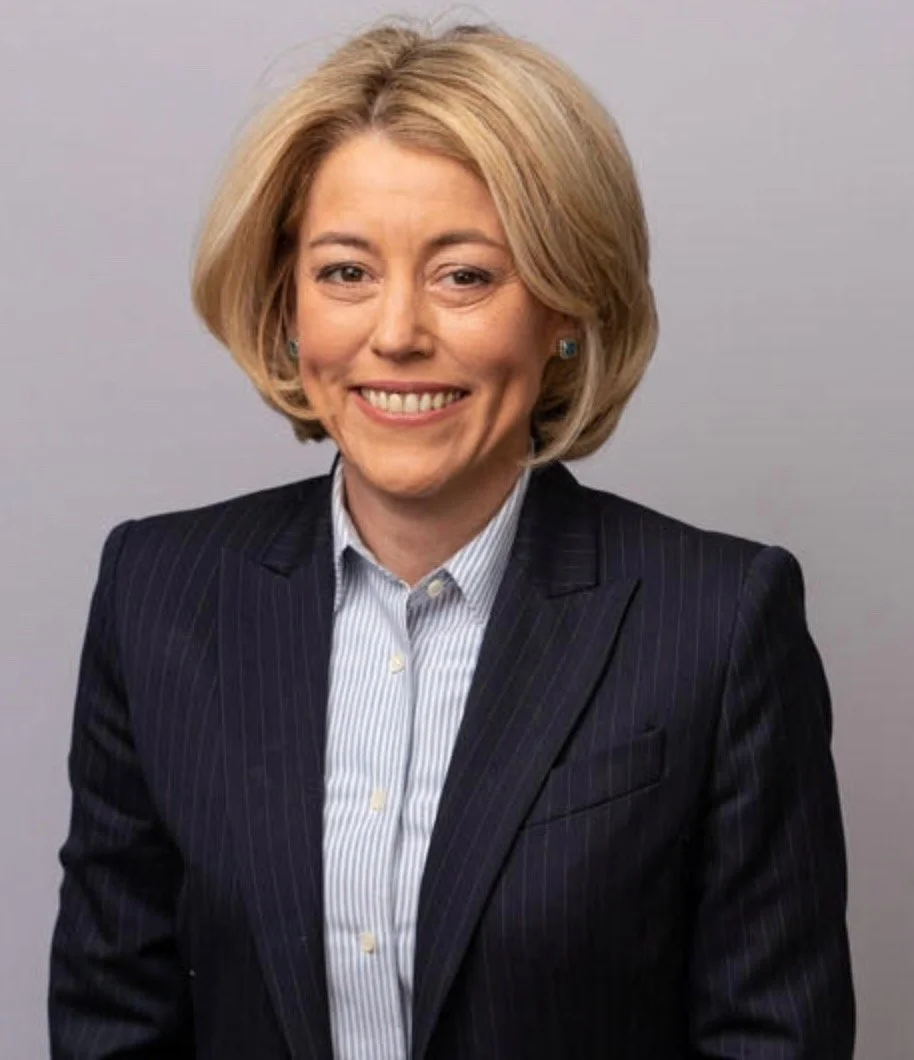
› Craft To Commerce
› Enrich Artisan Lives
› Preserve Global Heritage
OUR TEAM
Our team is the driving force behind Creative Learning’s mission, building trust, inspiring collaboration, and advancing inclusive, sustainable solutions through every meaningful partnership. We are united by a shared commitment to strengthening communities and expanding opportunity around the world.
Our team brings together leaders, innovators, and practitioners with deep expertise across education, peace and security, human rights, and artisan enterprise development. Drawing on decades of global experience, we design and implement locally led programs that support learning, economic opportunity, social cohesion, and institutional capacity, while honoring cultural knowledge and community priorities.
Together, we provide the strategic vision, technical expertise, and collaborative leadership that enable Creative Learning and its divisions to deliver measurable impact and foster resilient, thriving communities worldwide.
Jessica Kruvant
President
Throughout her career, Jessica has specialized in navigating multifaceted environments where government agencies, local partners, civil society organizations, and private-sector actors must work collaboratively to succeed. She is known for her ability to “see around corners,” anticipating challenges, identifying opportunities, and facilitating strong relationships that empower teams and communities alike. Her approach emphasizes authenticity, trust-building, and a deep understanding of group dynamics as vital ingredients for lasting impact.
A champion of women’s leadership, Jessica created the Creative Women’s Leadership Program with Creative Associates International, a nine-month professional development initiative designed to strengthen leadership, management, and business skills among women across the organization.
Jessica’s career reflects a steadfast belief in the power of partnership, inclusion, and innovation to solve global challenges. Her leadership at Creative Learning reinforces the organization’s long-standing dedication to delivering high-quality, people-centered programs that strengthen communities and expand opportunities for those who need them most.
Jessica Kruvant is the President of Creative Learning, where she leads the organization’s strategic vision, external engagement, and global partnerships in support of its mission to advance education, civil society, peacebuilding, and inclusive economic development around the world. A seasoned international development professional with more than 15 years of experience, Jessica has designed and managed complex programs across Africa, Latin America, the Middle East, and the United States, bringing together diverse coalitions to drive meaningful, community-centered change.
Maud Obe
Director of Handmade to Market
Maud Obe has over 18 years of experience designing and managing economic empowerment and development projects for the artisan sector across the globe. She has supported over 5,000 artisan businesses, connecting them to local, regional, and international markets, and has successfully managed programs funded by USAID, MCC, The World Bank, and other organizations. As Director, Maud leads the strategic vision of Handmade to Market. Fluent in French, English, and Spanish, she holds a Master’s in International Development and Social Change from Clark University.
Blake Kent
Associate Director
Blake brings over 20 years of experience in international development, specializing in project planning, implementation, operations, and security management for both for-profit and non-profit organizations. He supports business development efforts that promote locally led initiatives, human rights, economic and social development, and peacebuilding. Blake holds a BA in English Literature from Baylor University and an MS in International Relations from Troy University. A U.S. Army veteran and former Peace Corps Volunteer in Kazakhstan, he has worked extensively across the Middle East, North Africa, Central Asia, East Africa, and Central America.
Rachel Landale
Associate Director of Impact and Operations
Rachel is a seasoned project management professional with over 10 years of experience in non-profit programs, impact, operations, and financial management. Since joining Creative Learning in 2014, she has specialized in knowledge management, monitoring and evaluation, and strategic communication for diverse donors. Rachel is dedicated to empowering vulnerable individuals in the artisan sector by fostering market access, preserving cultural heritage, and ensuring sustainable impact. She holds a BA in International Studies with a minor in Anthropology and French, along with a concentration in African Studies and Peace & Conflict, from Washington College.
Lauren Hamamy
Program Manager
Lauren brings a blend of marketing and project management expertise to the Handmade to Market team. She has a passion for cultural preservation and deep commitment to empowering local artisans within their communities. She has spent over a year in Latin America collaborating directly with artisans, cultivating a profound interest in textiles and pottery. Lauren has a strong appreciation for other cultures and forging meaningful connections, and has documented her journeys abroad through photography. Lauren has a Bachelors of Business Administration, with an emphasis in Marketing and Spanish.
Claire Kroger
Training & Communications Specialist
Claire Kroger is the Training and Communications Specialist at Creative Learning's Handmade to Market division. She is passionate about economic development and community engagement, and enjoys bringing these two topics together in her work. Claire has a Bachelors of International Studies from American University, with an emphasis in peace and conflict studies and French.
Hannah Klein
Training Manager
Hannah Klein is the Associate Training Manager at Handmade to Market. As a former Youth Development Peace Corps Volunteer in Fiji and e-Commerce Manager for a fashion jewelry brand, Hannah has grown an interest in cultural preservation, community development, and helping the expansion of small businesses globally. Hannah has a Master’s in Public Administration, concentrating in International Management at American University, and has a BA in International Business with concentrations in Global Supply Chain Management and Spanish.
Smythe Kannapell
Consulting Accountant
Smythe Kannapell has over 30 years of finance and accounting experience with a specialization of working with small to medium size for-profit and non-profits to implement solid financial and accounting practices, improve reporting and transparency and help organizations to u e
data in a meaningful manner to meet their programming and funding goals. Smythe holds a CPA license from the District of Columbia, a Masters of Finance and Accountancy from the University of Maryland, Global Campus and a Bachelor of Arts in Public Administration from the University of Mississippi.









